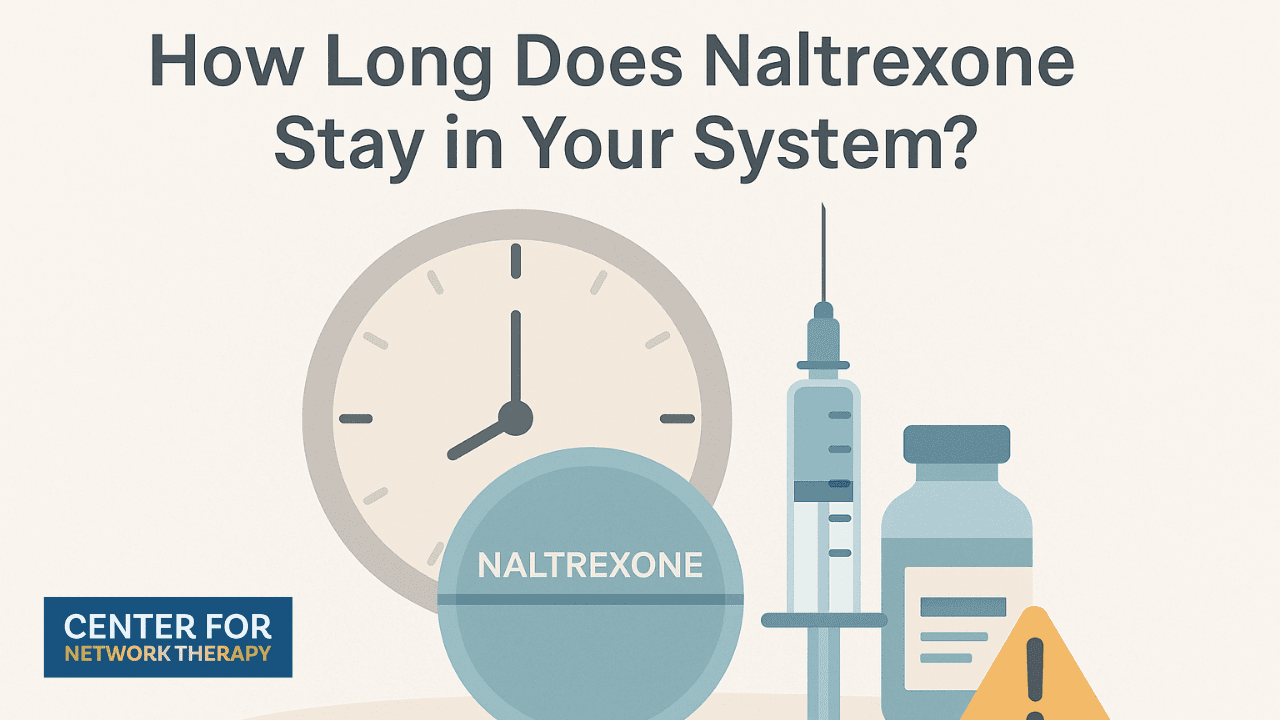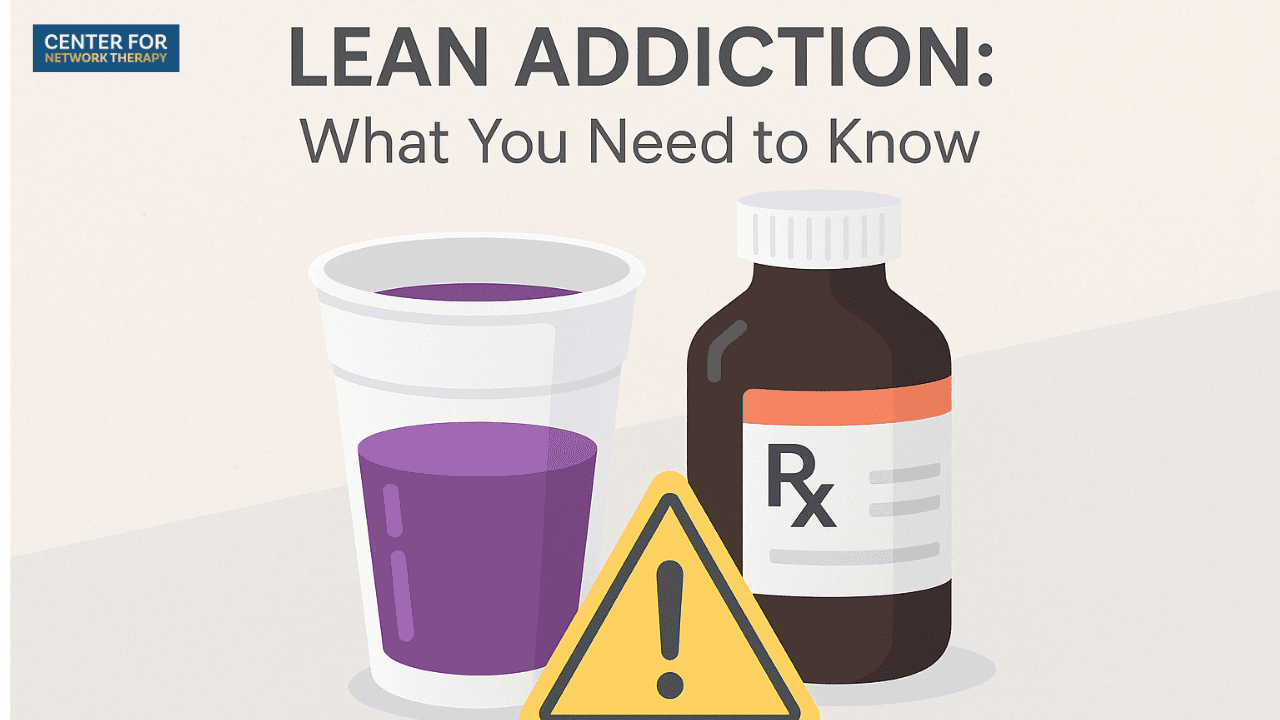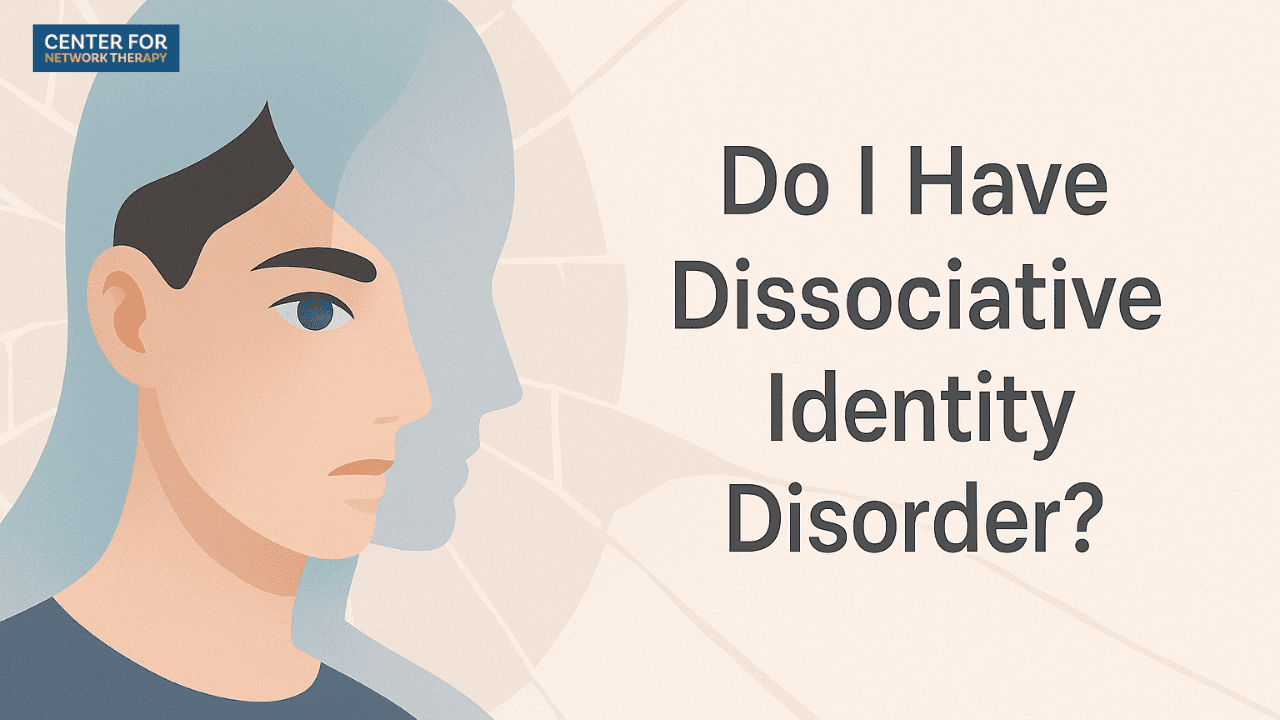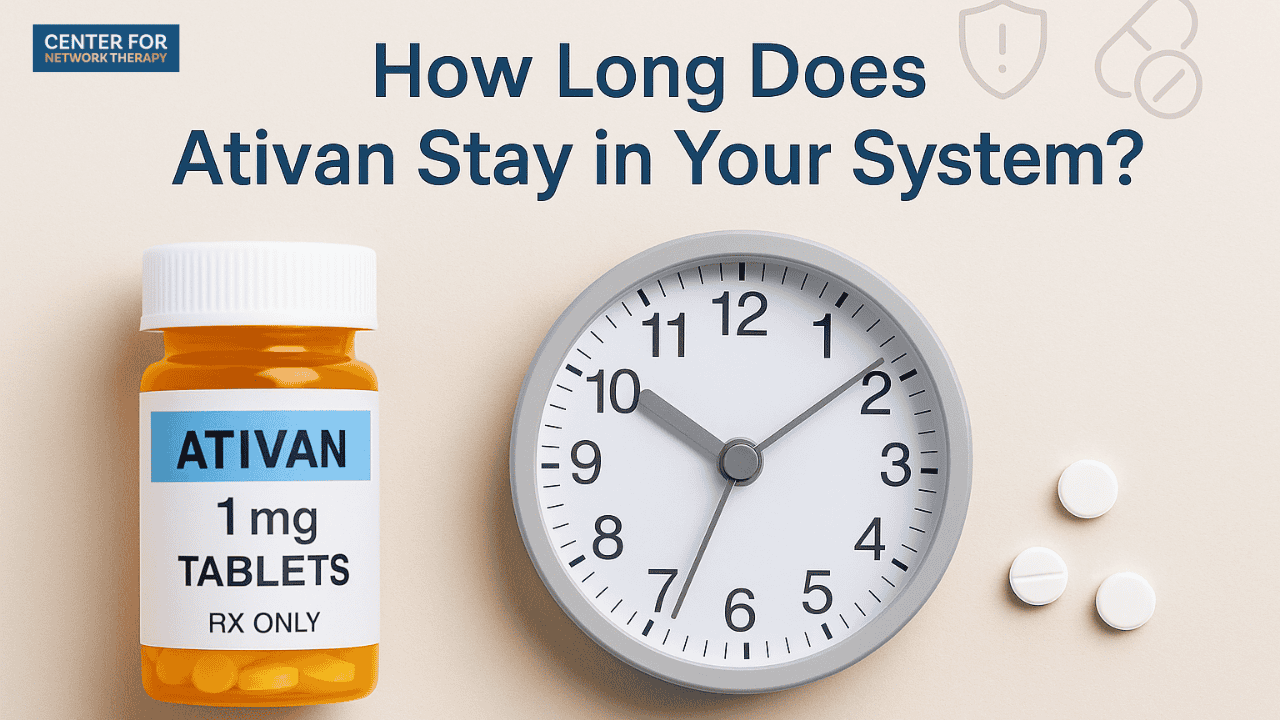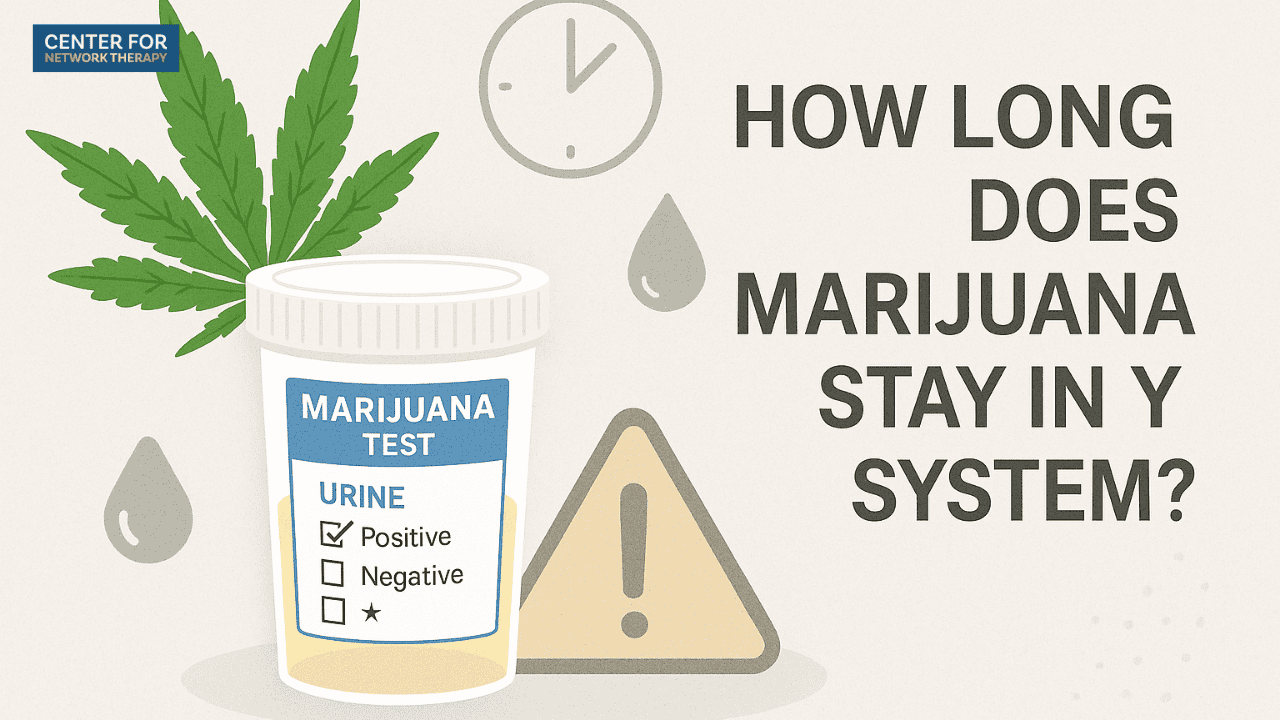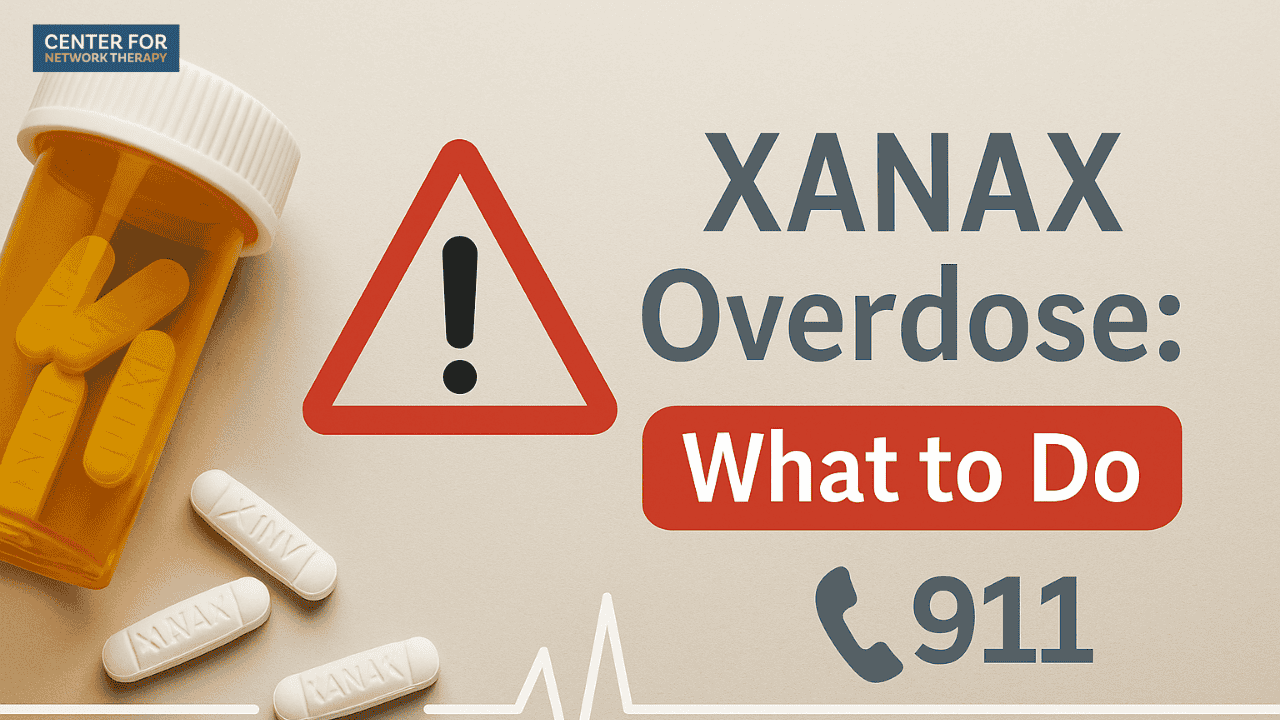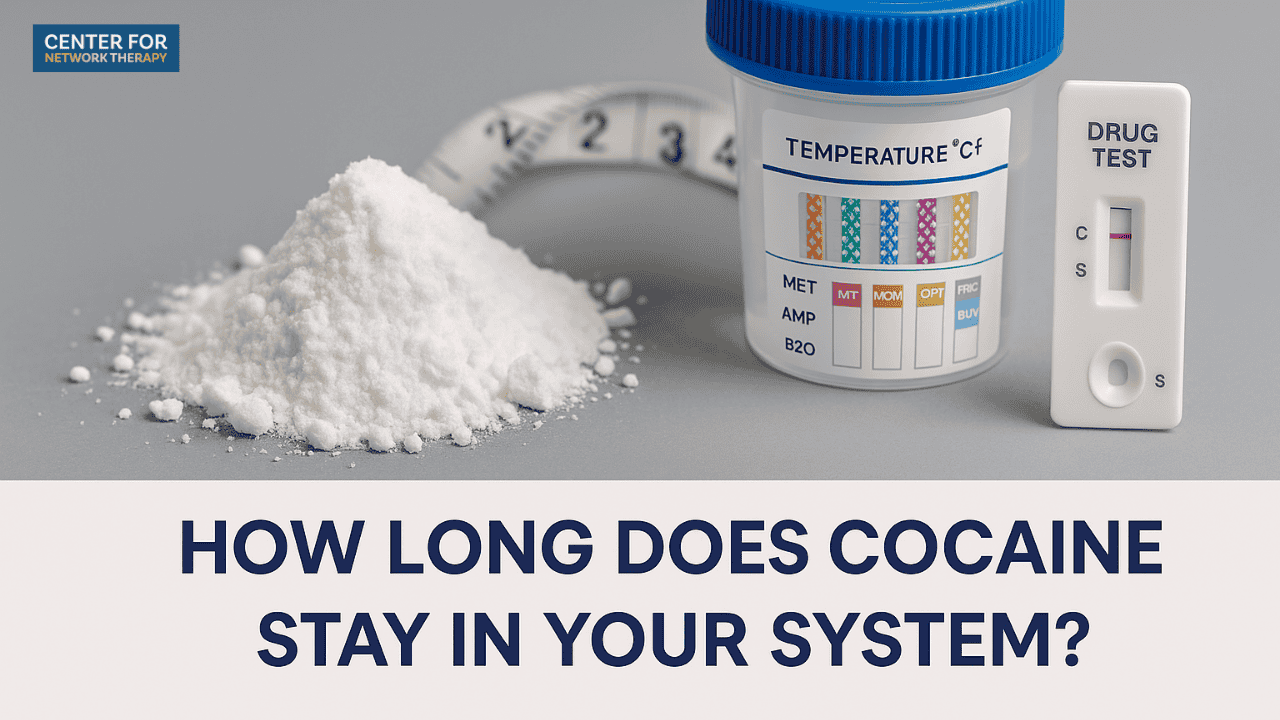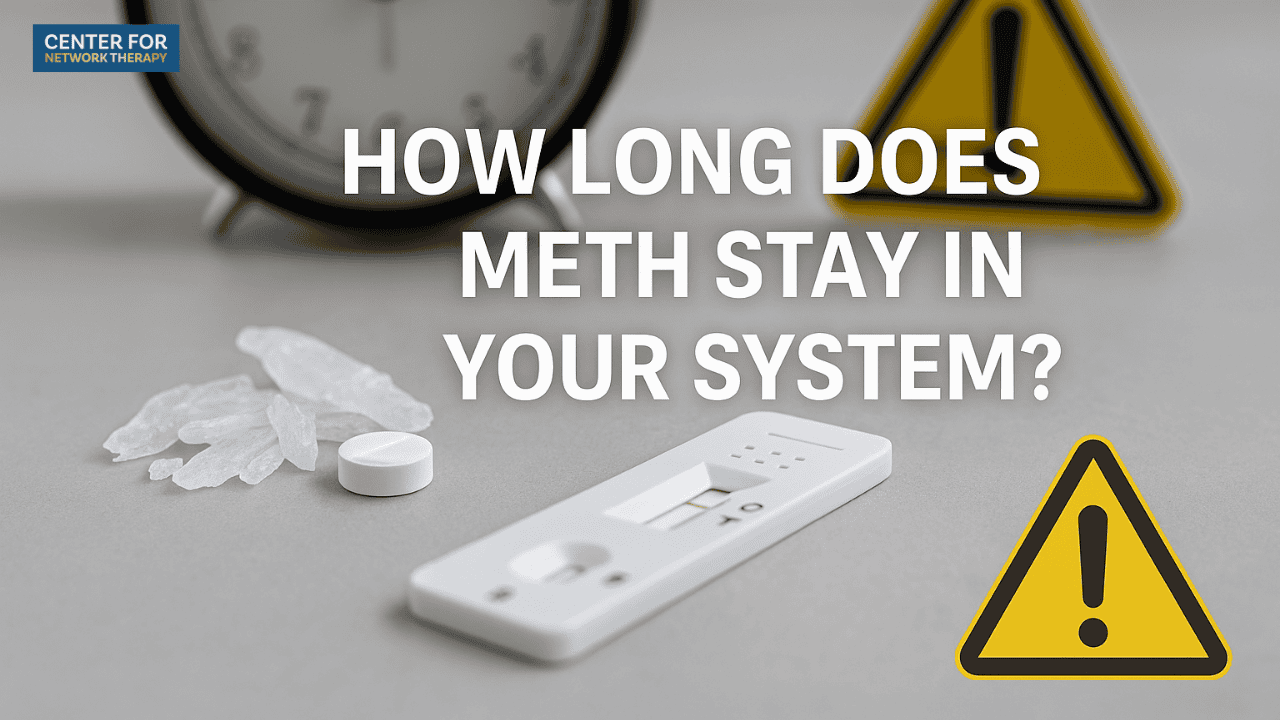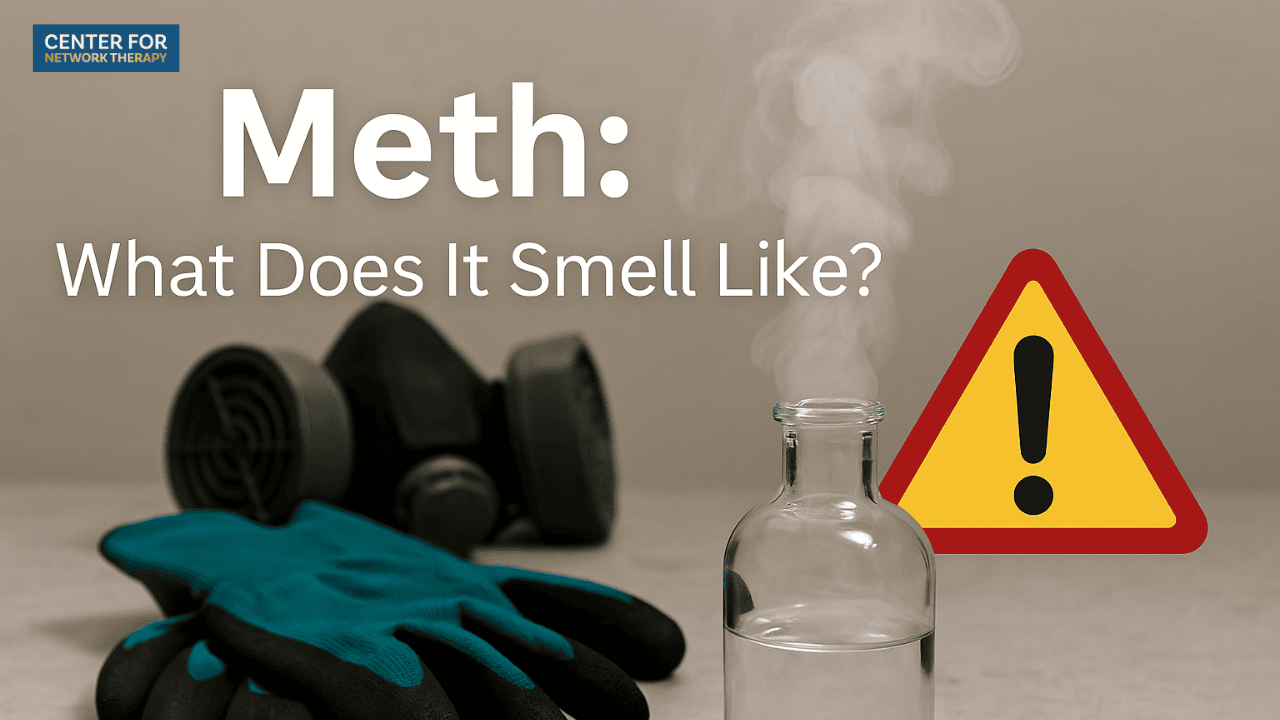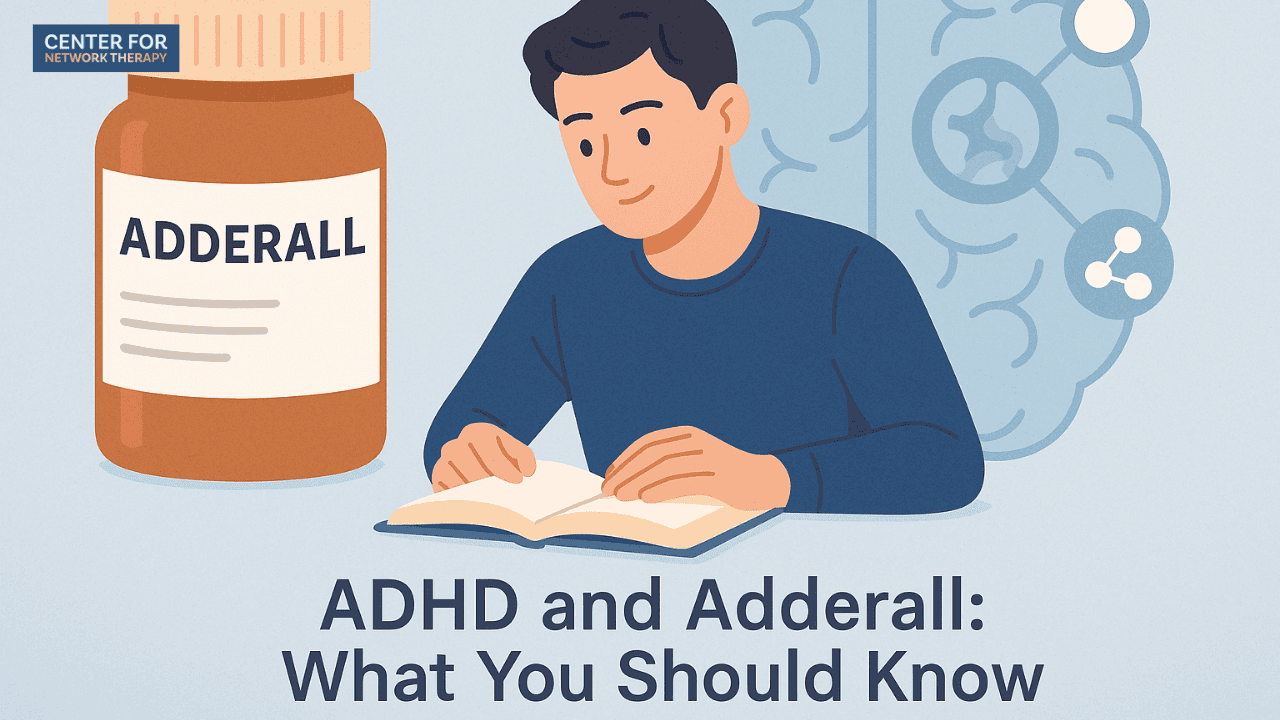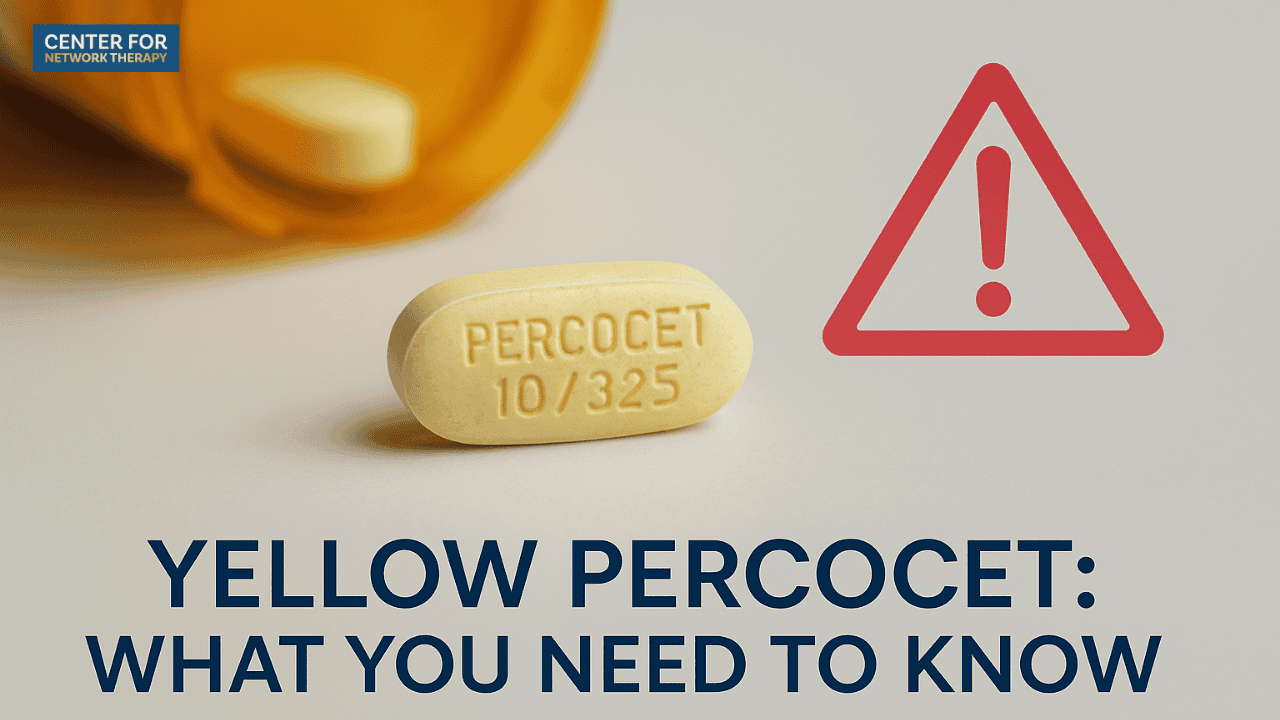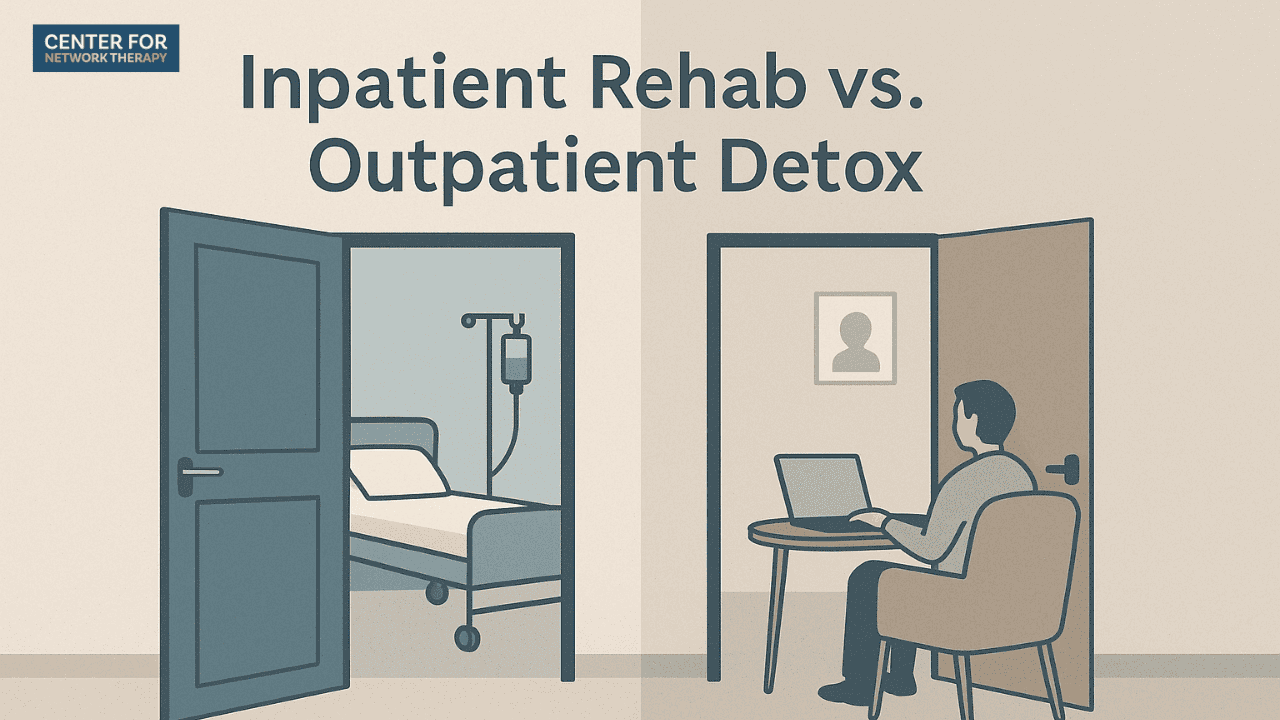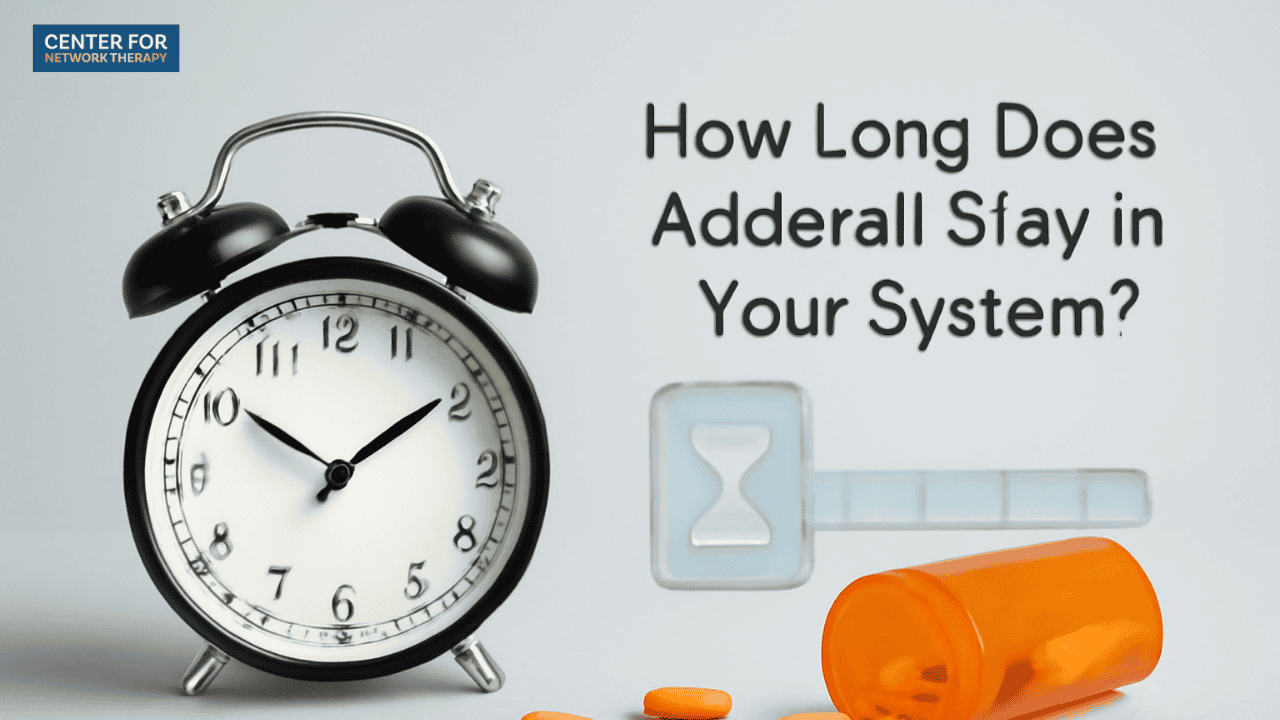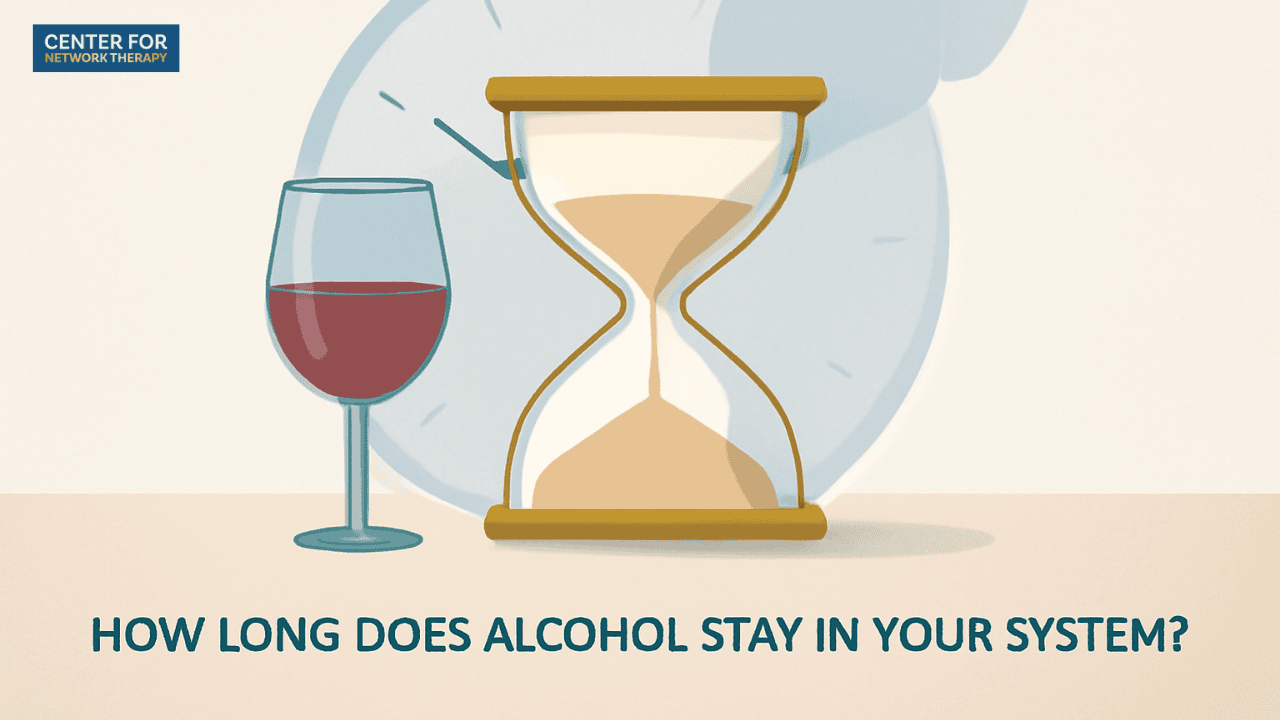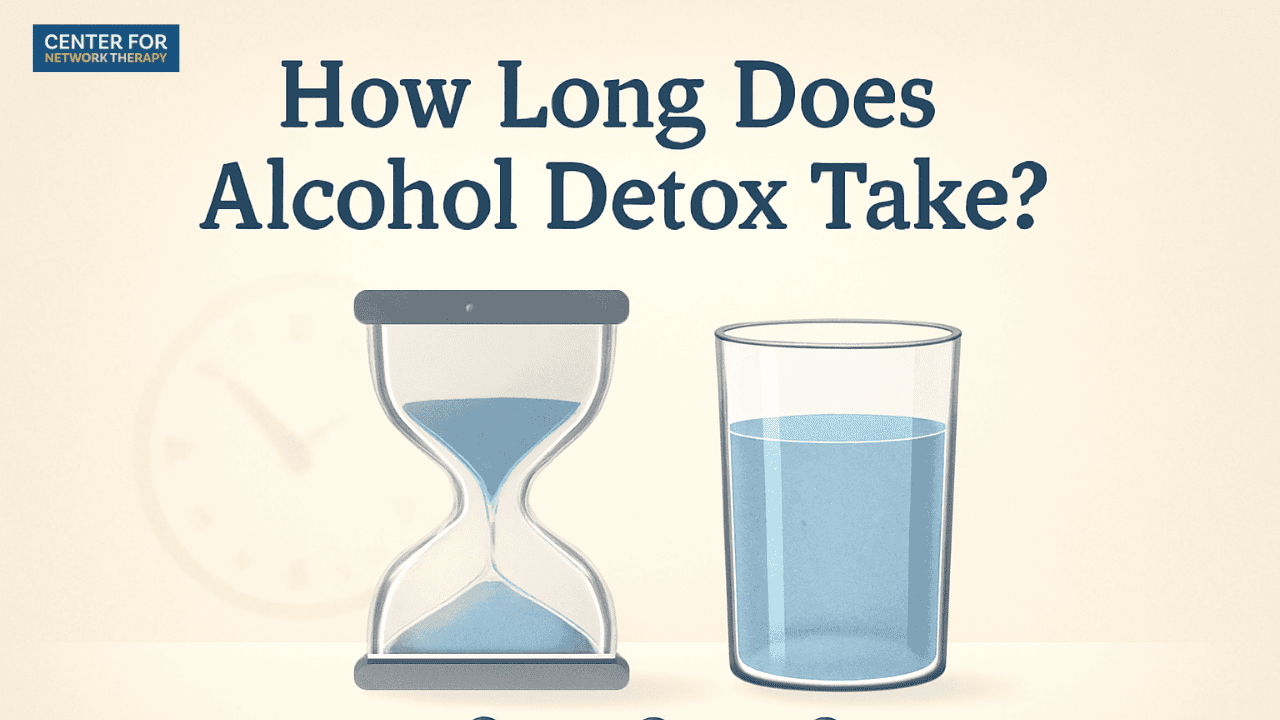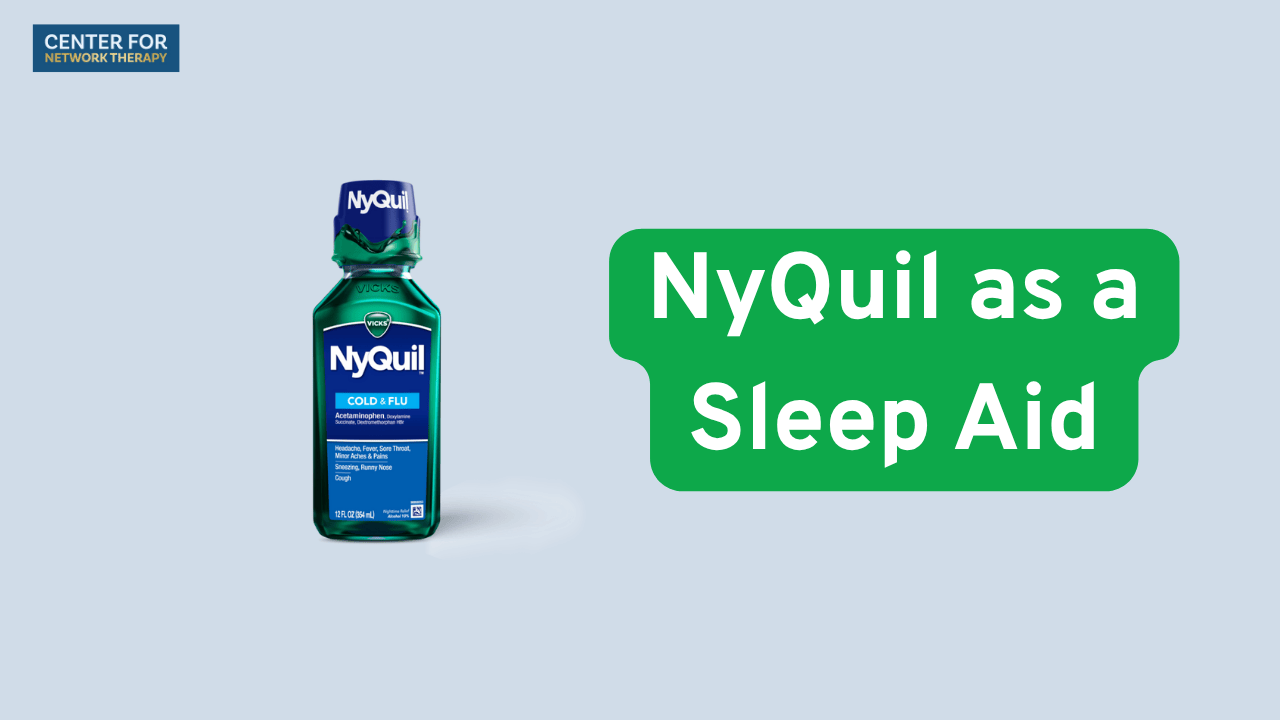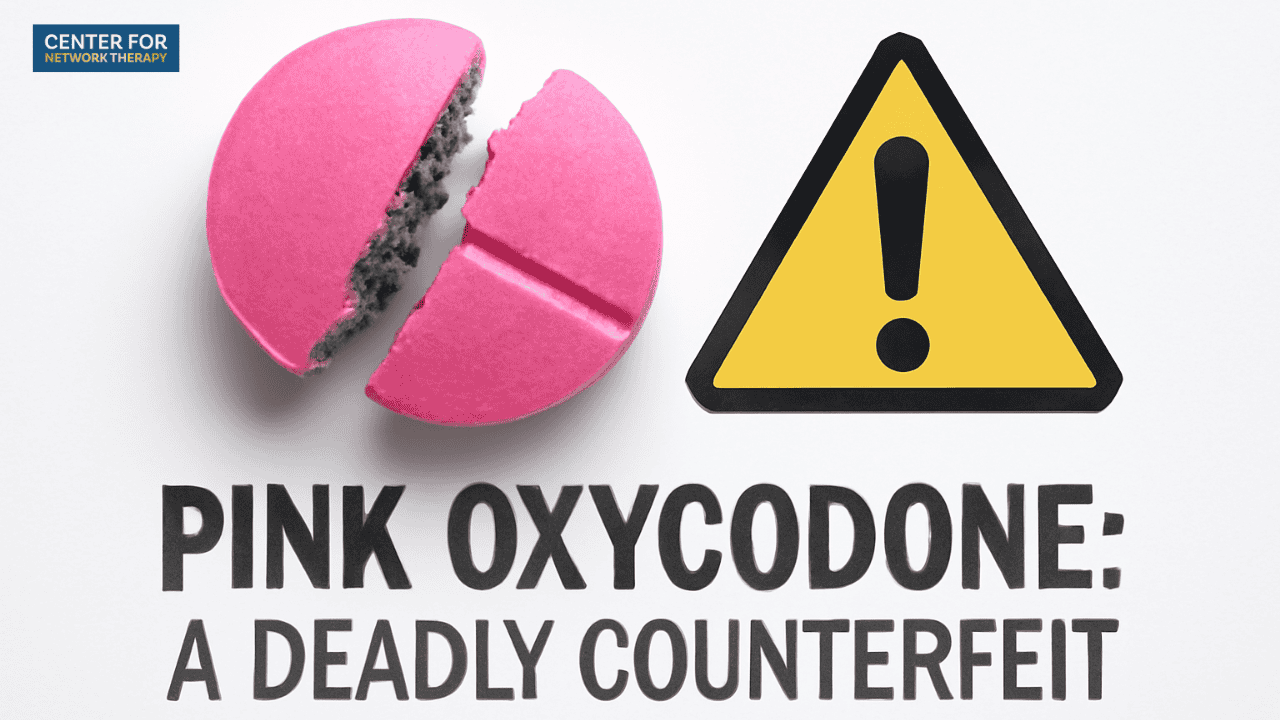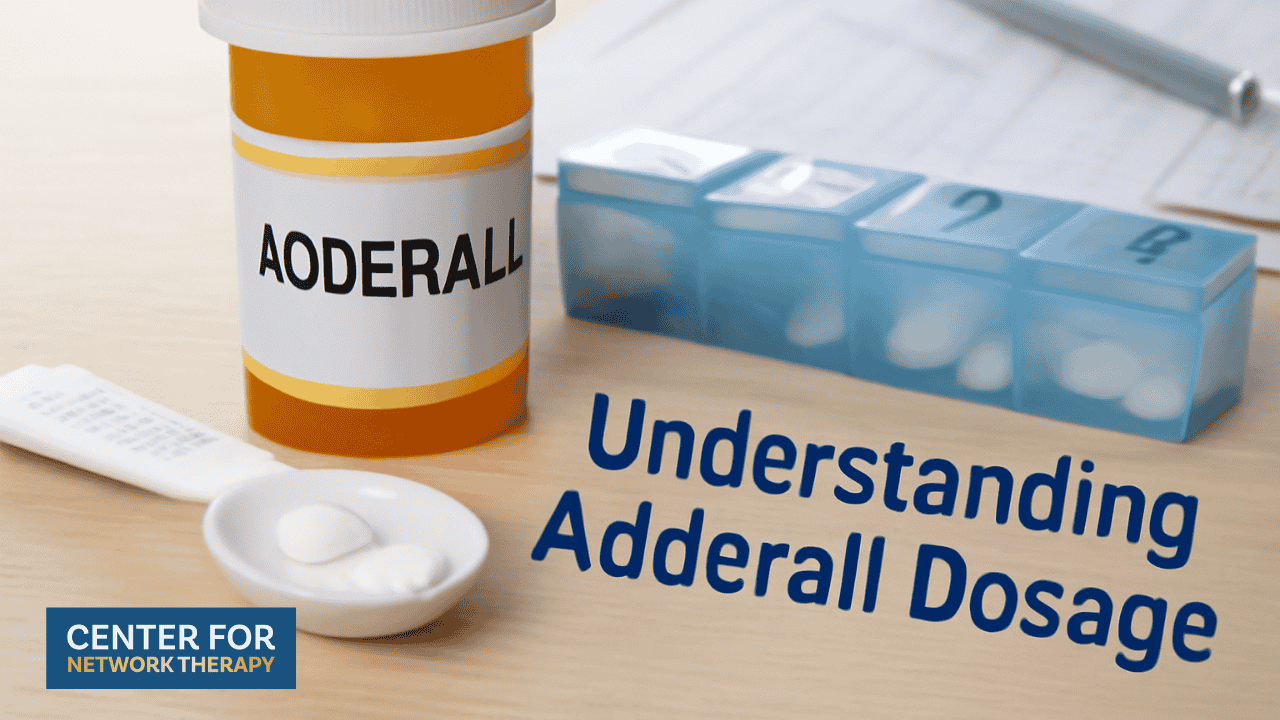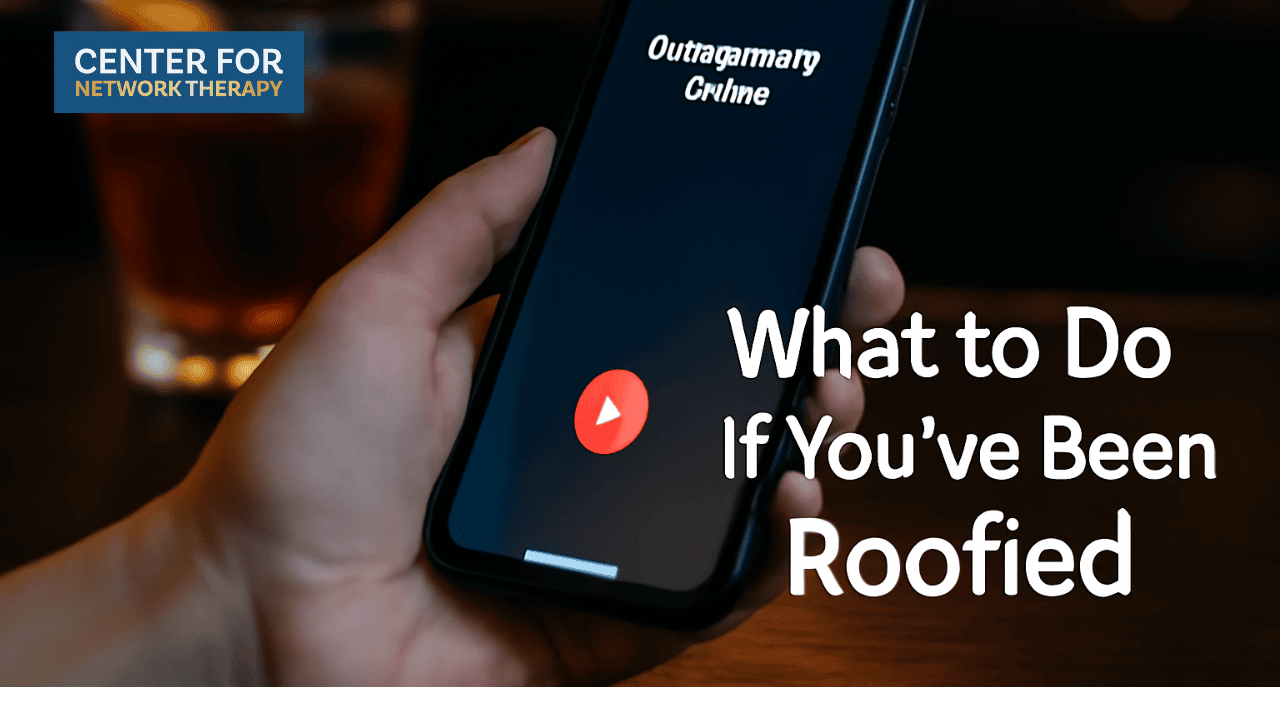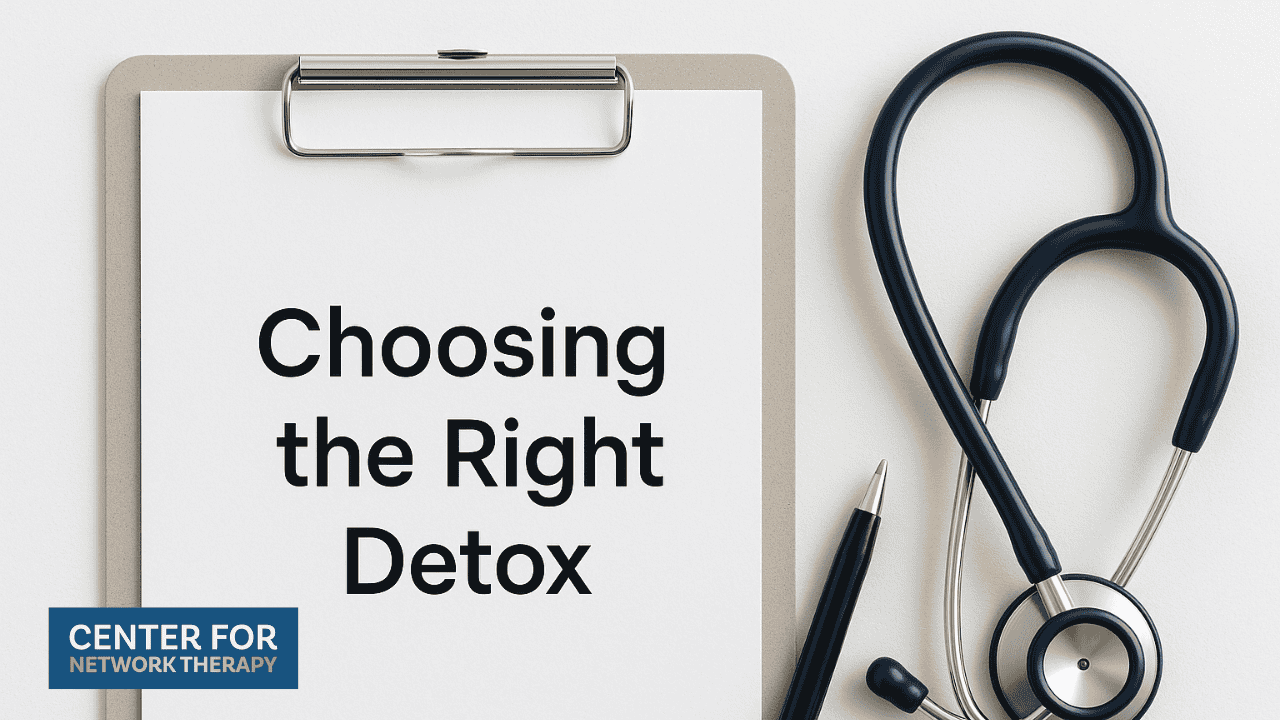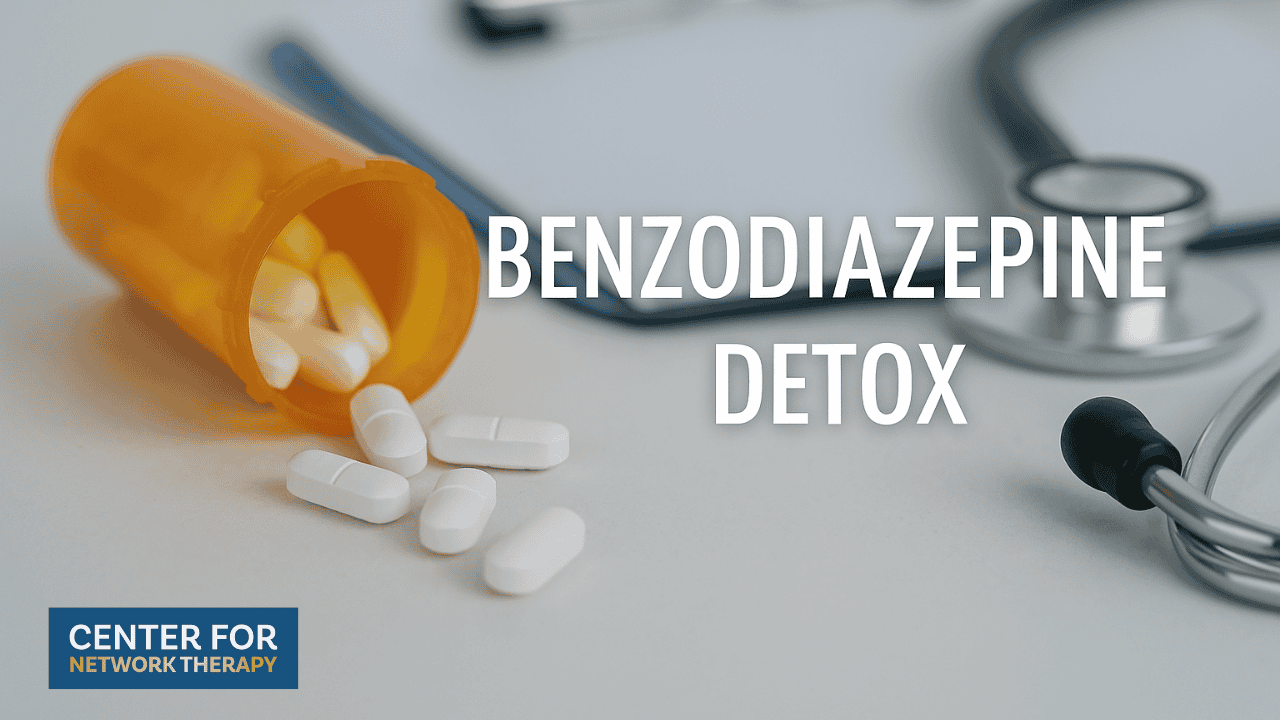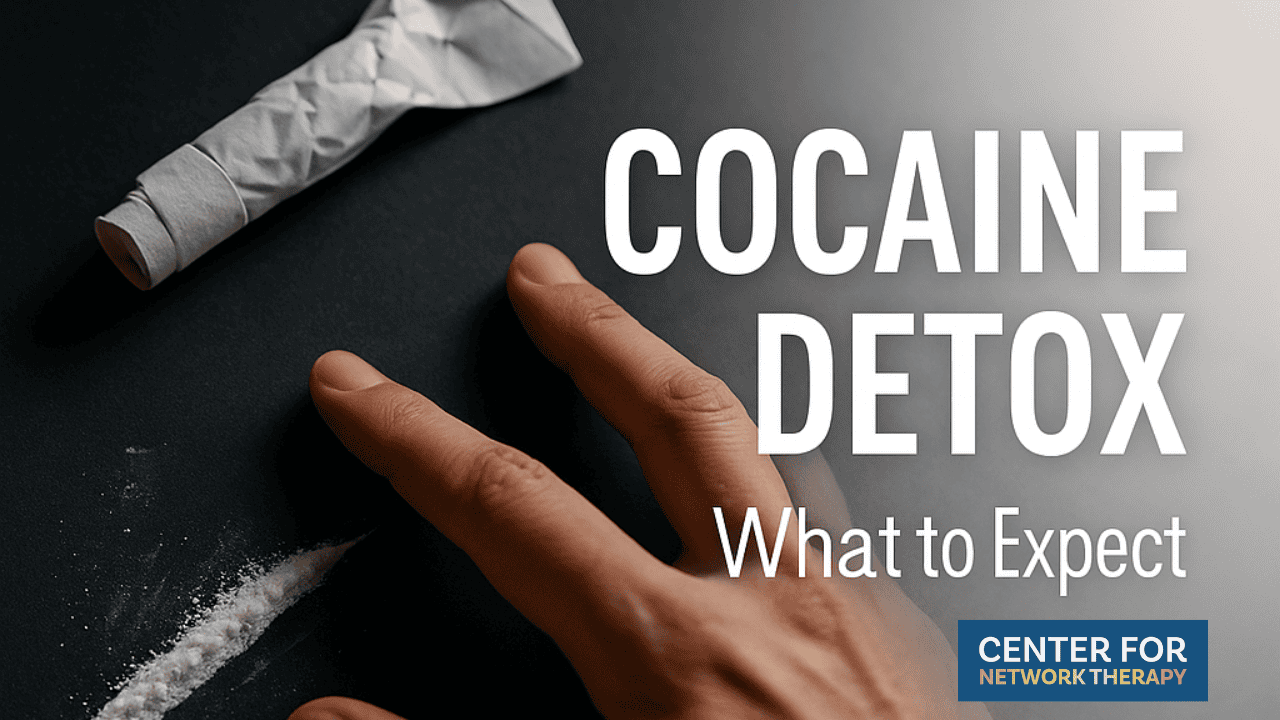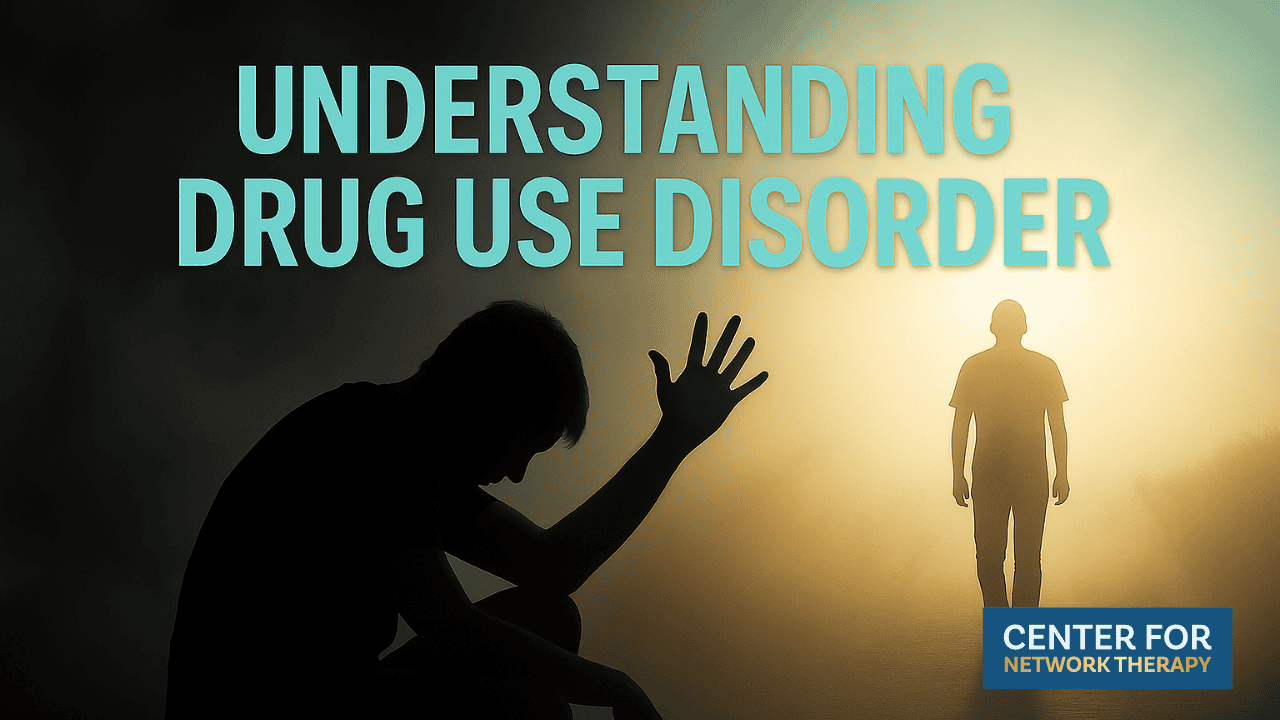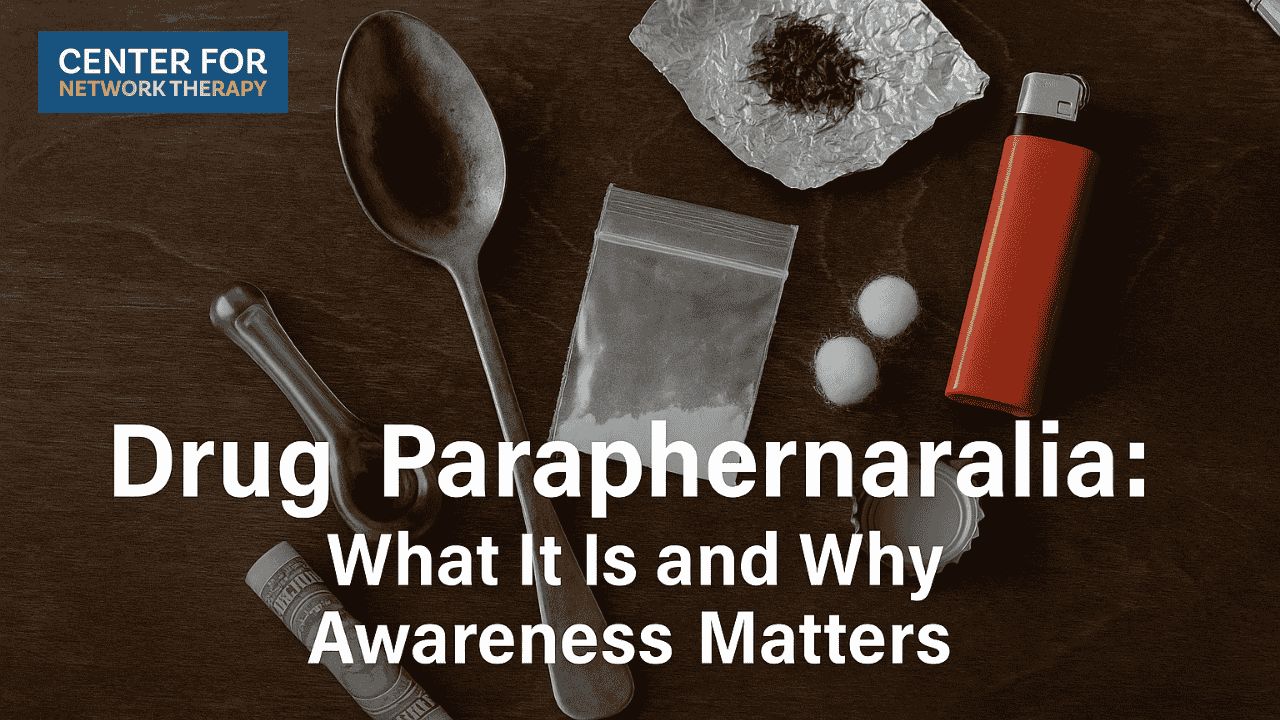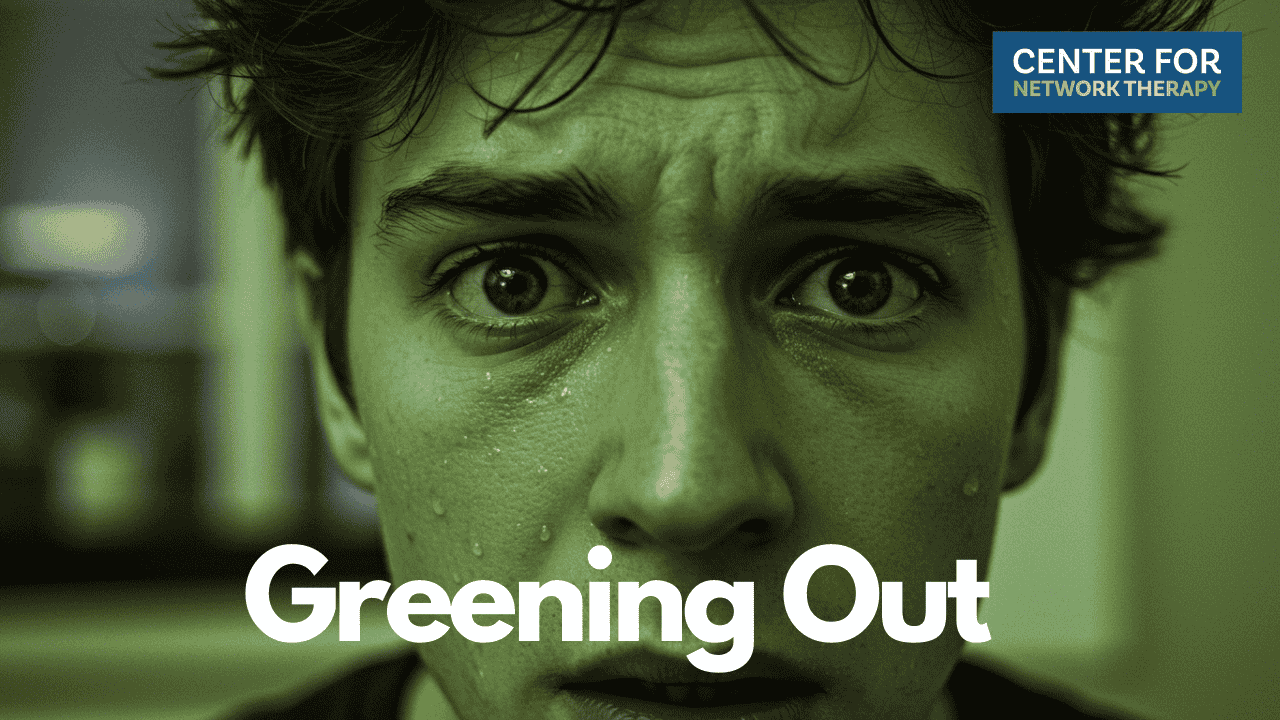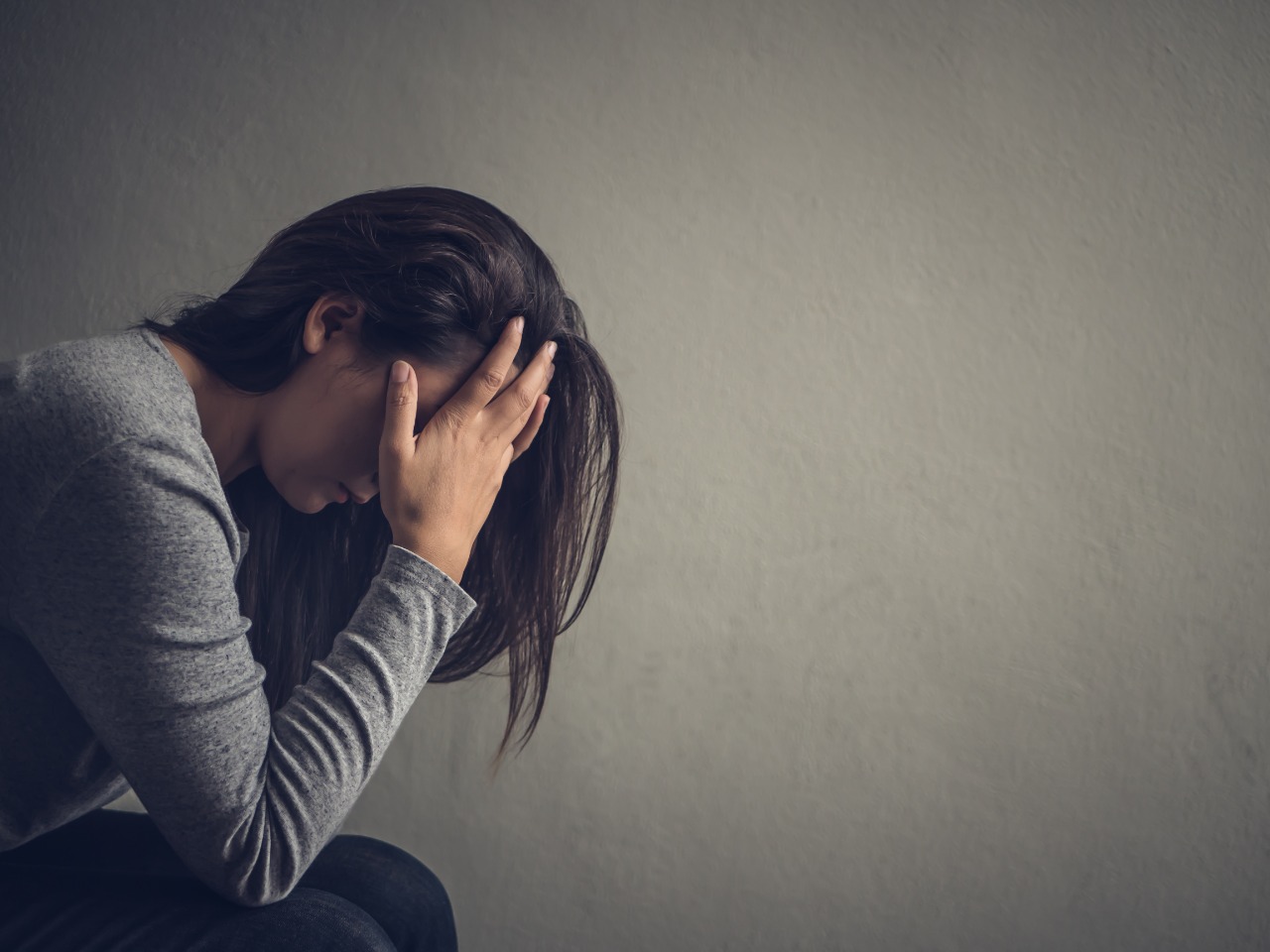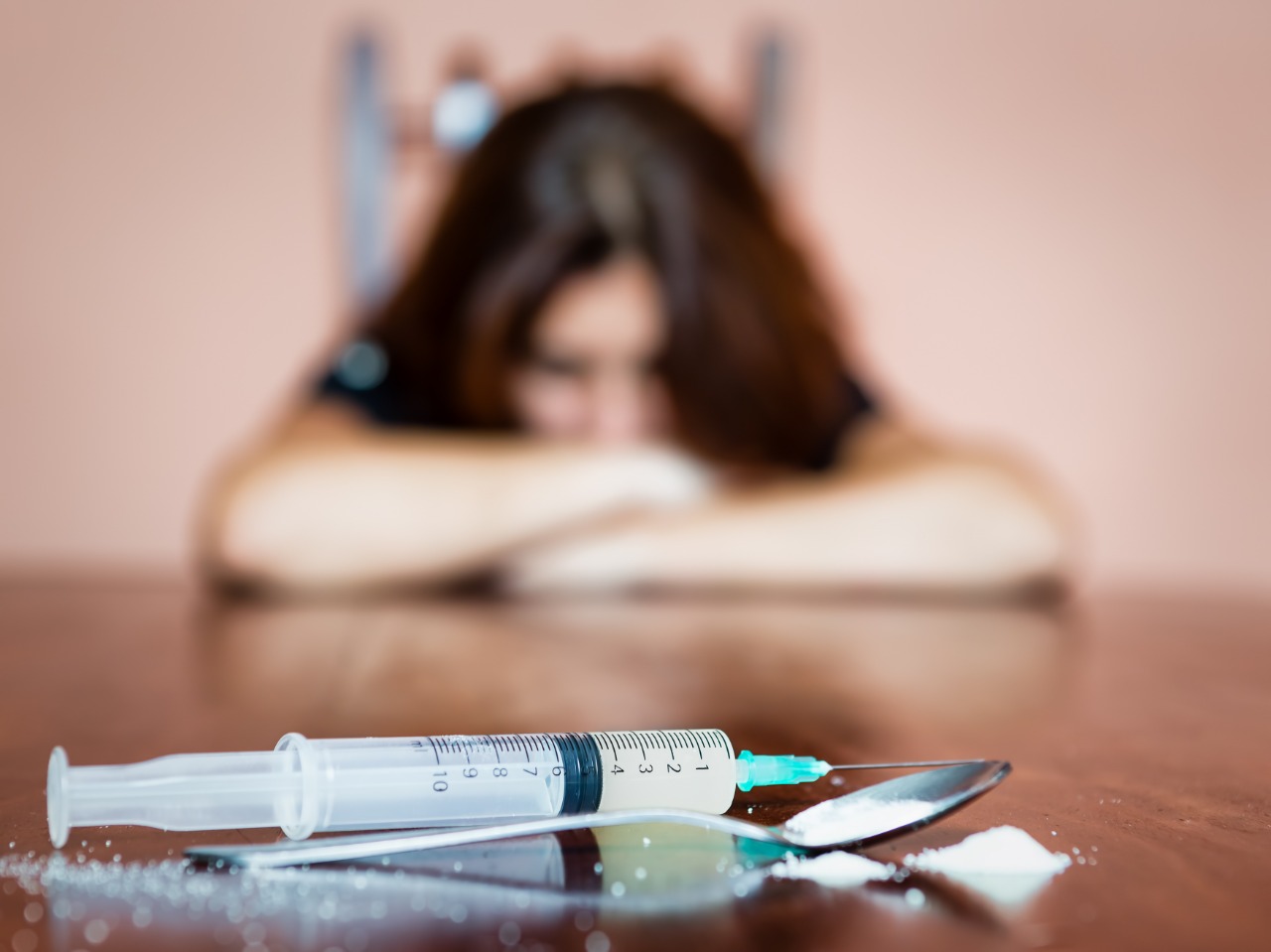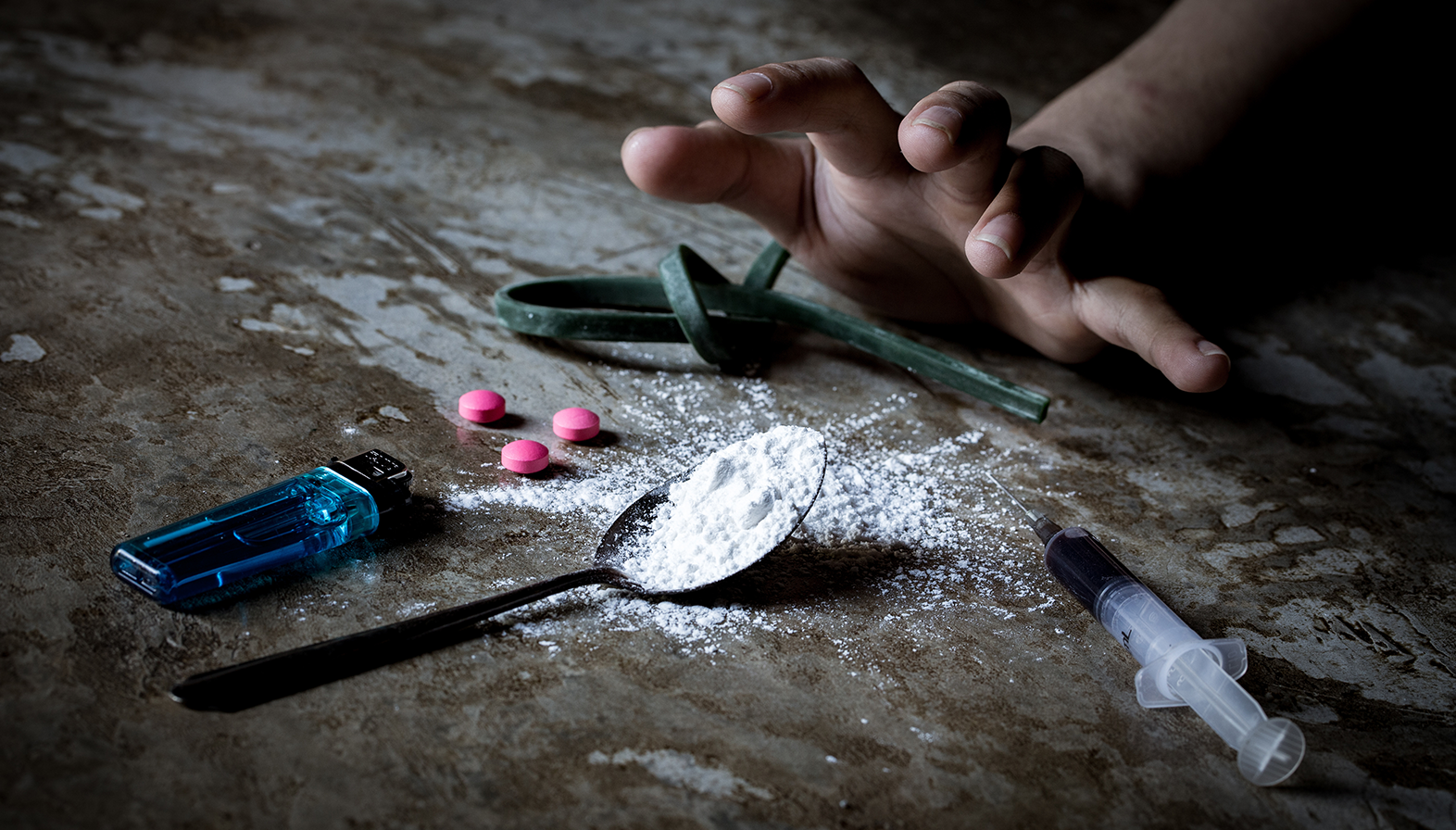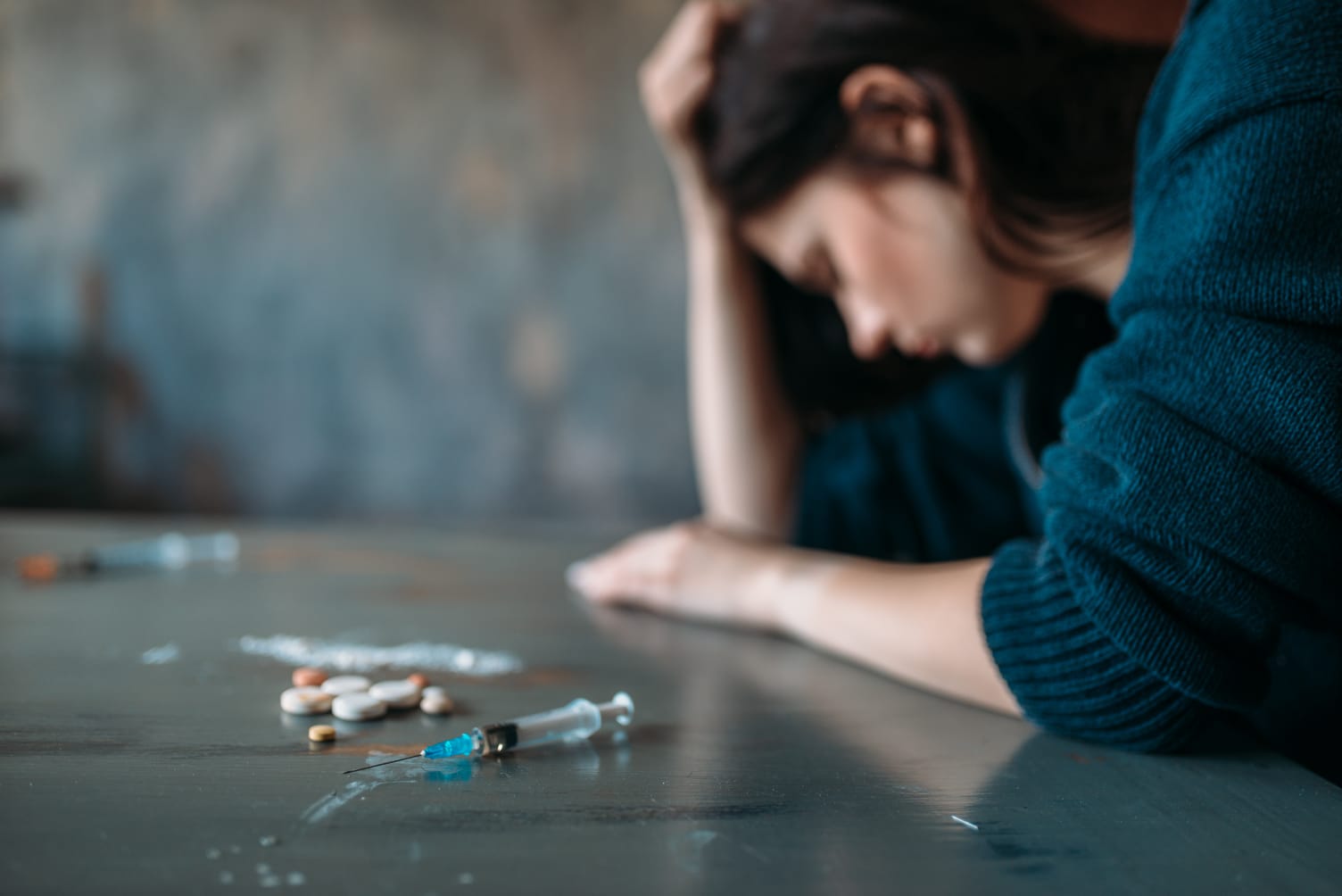Xanax, a commonly prescribed benzodiazepine, is often used to treat anxiety and panic disorders. When used correctly, it can be effective. But when taken in high doses or combined with other substances, the risk of overdose becomes serious, and sometimes life-threatening.
Table of Contents
ToggleWhat Happens During a Xanax Overdose?
A Xanax overdose occurs when someone takes more of the drug than the body can safely process. Because Xanax depresses the central nervous system (CNS), an overdose slows down critical functions like breathing, heart rate, and cognitive responsiveness.
Common symptoms of a Xanax overdose may include:
- Extreme drowsiness or sedation
- Confusion or disorientation
- Difficulty breathing or slowed respiration
- Loss of coordination or balance
- Unresponsiveness or coma
In severe cases, overdose can result in respiratory arrest, brain damage, or death, especially when mixed with other depressants like alcohol or opioids.
What Increases the Risk?
Overdosing on Xanax isn’t always about taking a huge quantity. Several factors can increase the risk:
- Mixing Xanax with other substances, especially alcohol or opioids
- Taking more than the prescribed dose
- Using without a prescription or medical supervision
- Developing tolerance, leading to increased dosage
- Underlying health conditions that compromise liver function or respiratory health
What to Do in Case of an Overdose?
If you suspect someone is experiencing a Xanax overdose:
- Call 911 immediately. Time is critical.
- Try to keep the person awake and breathing.
- Do not leave them alone. Monitor breathing and responsiveness.
- Share any information you have about the substances taken.
Medical professionals may use interventions such as activated charcoal, IV fluids, or mechanical ventilation. In some cases, flumazenil, a benzodiazepine antagonist, may be administered, but only in a controlled setting, as it carries its own risks.
Recovery and Ongoing Support
An overdose can be a wake-up call; an opportunity to seek help and build a safer path forward. Detoxing from benzodiazepines like Xanax should always be medically supervised due to the risk of withdrawal seizures and other complications.
At the Center for Network Therapy (CNT), we specialize in outpatient detox for benzodiazepines, offering:
- Medically supervised withdrawal management
- Compassionate, trauma-informed care
- A flexible schedule that fits daily life
If you or someone you love is struggling, support is available.
Additional Reading
Explore our related blogs:
A Warm Reminder
This blog is for educational purposes only and does not replace medical advice. If you’re unsure whether your Xanax use is safe or sustainable, take a moment to check in with yourself; or take our confidential self-assessment quiz.




